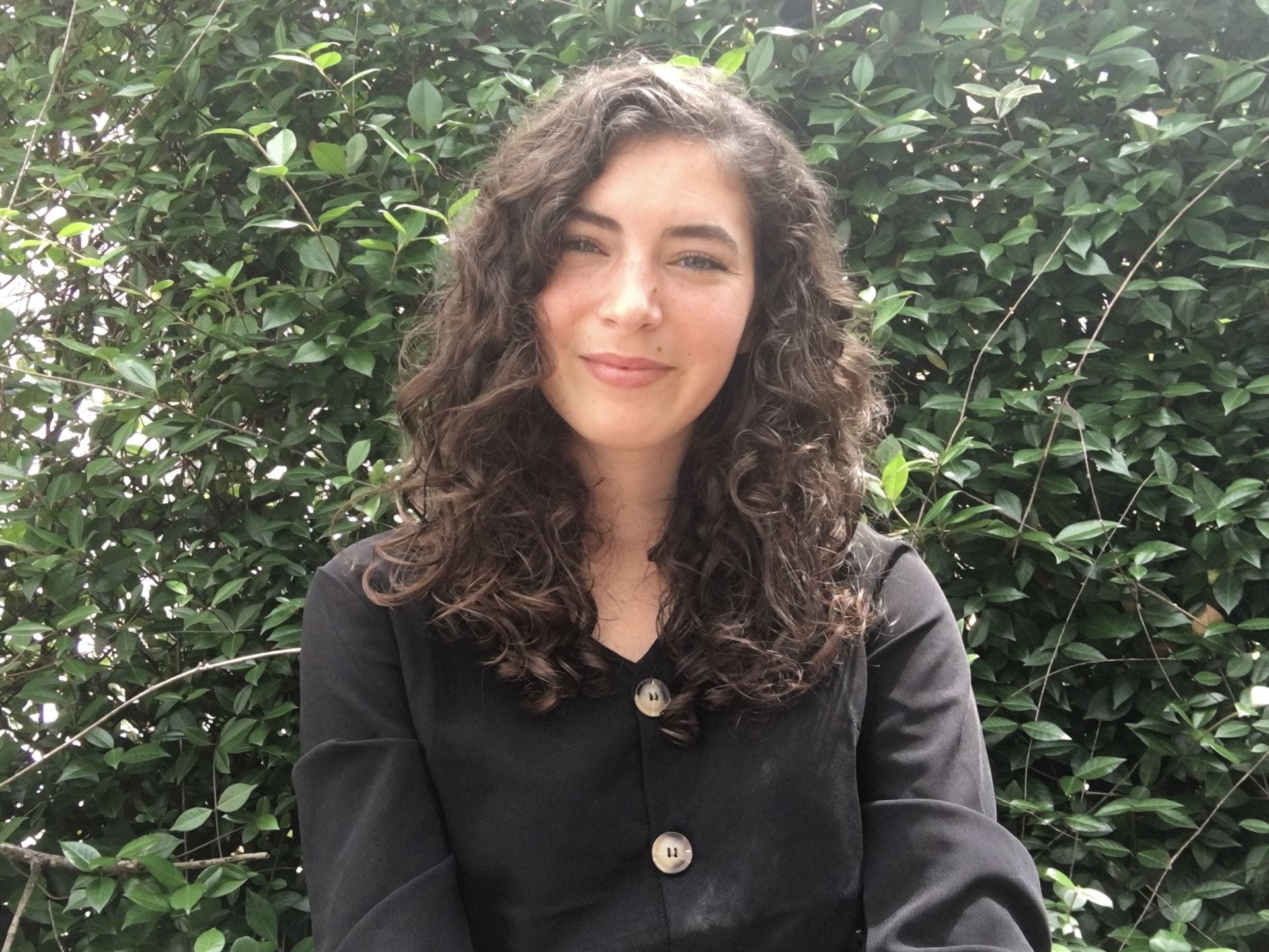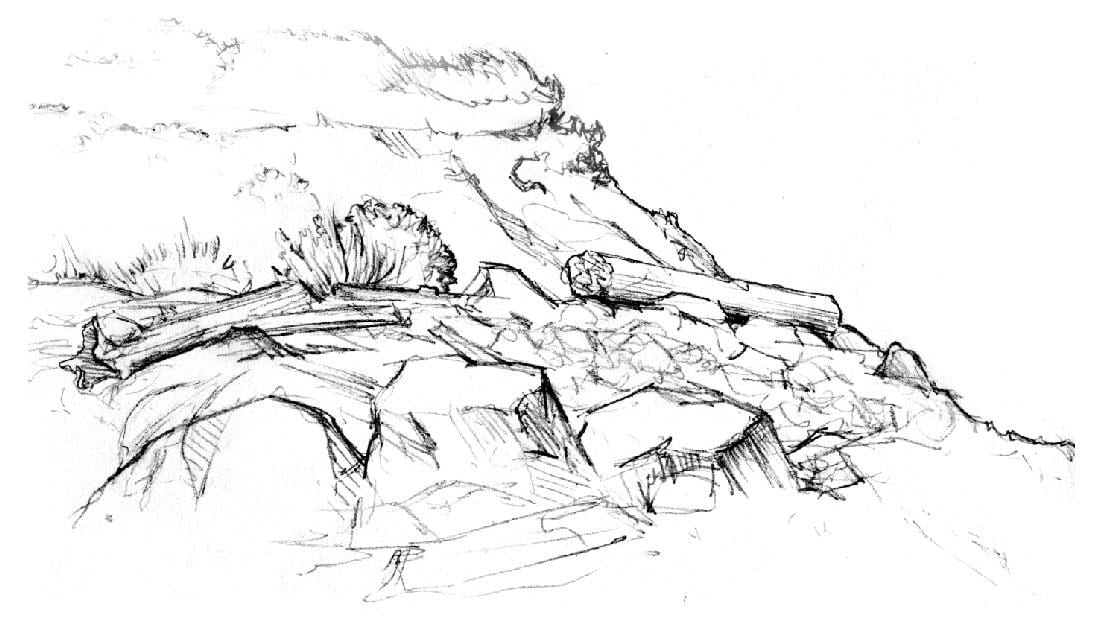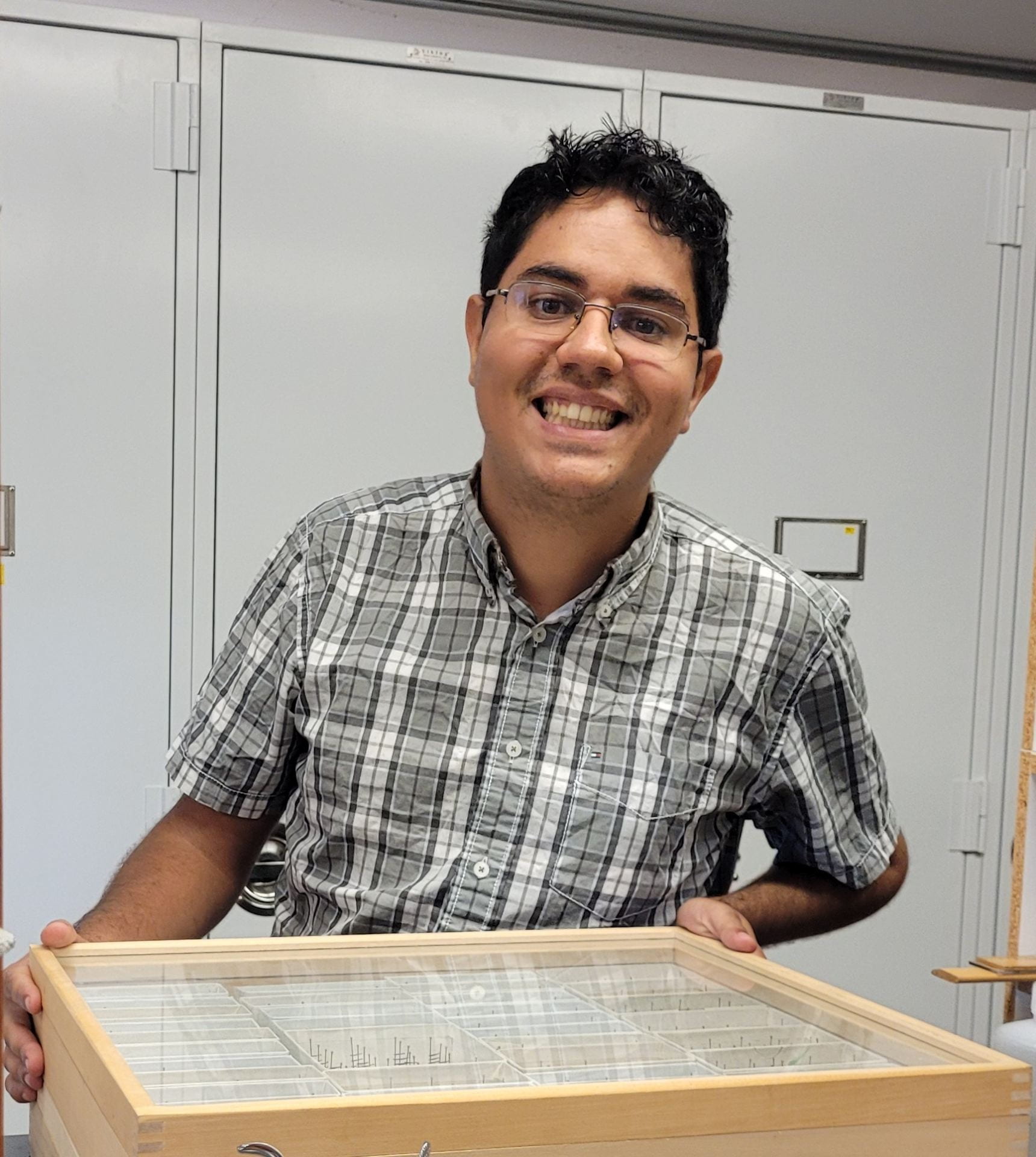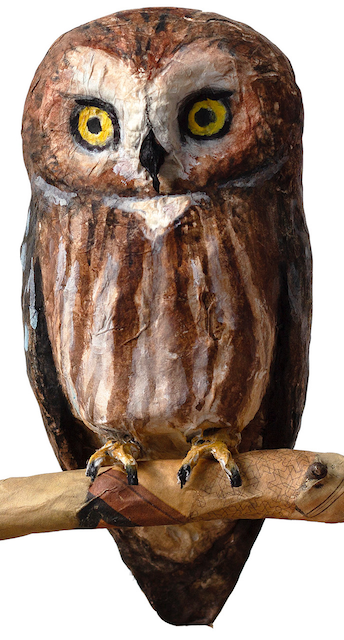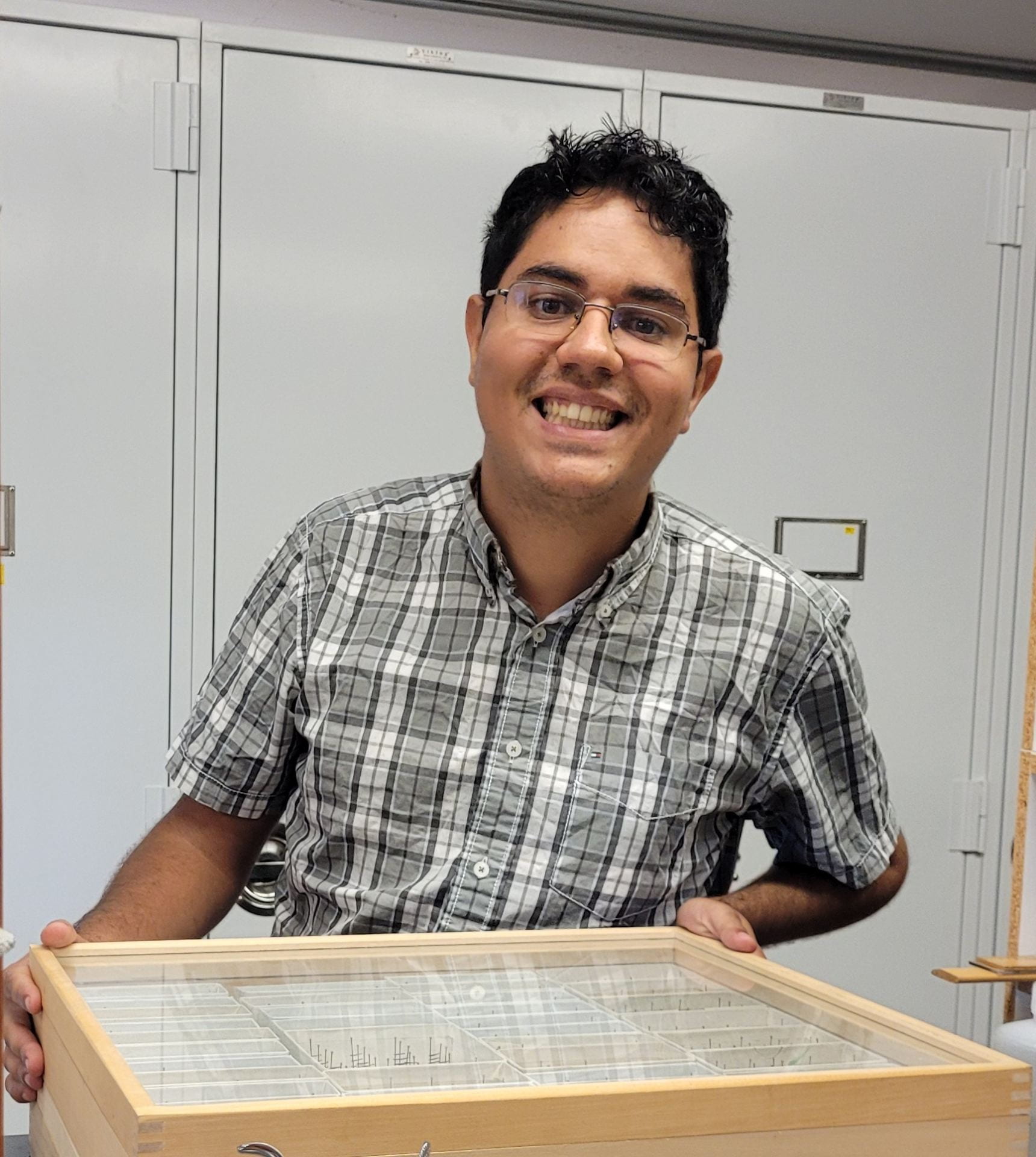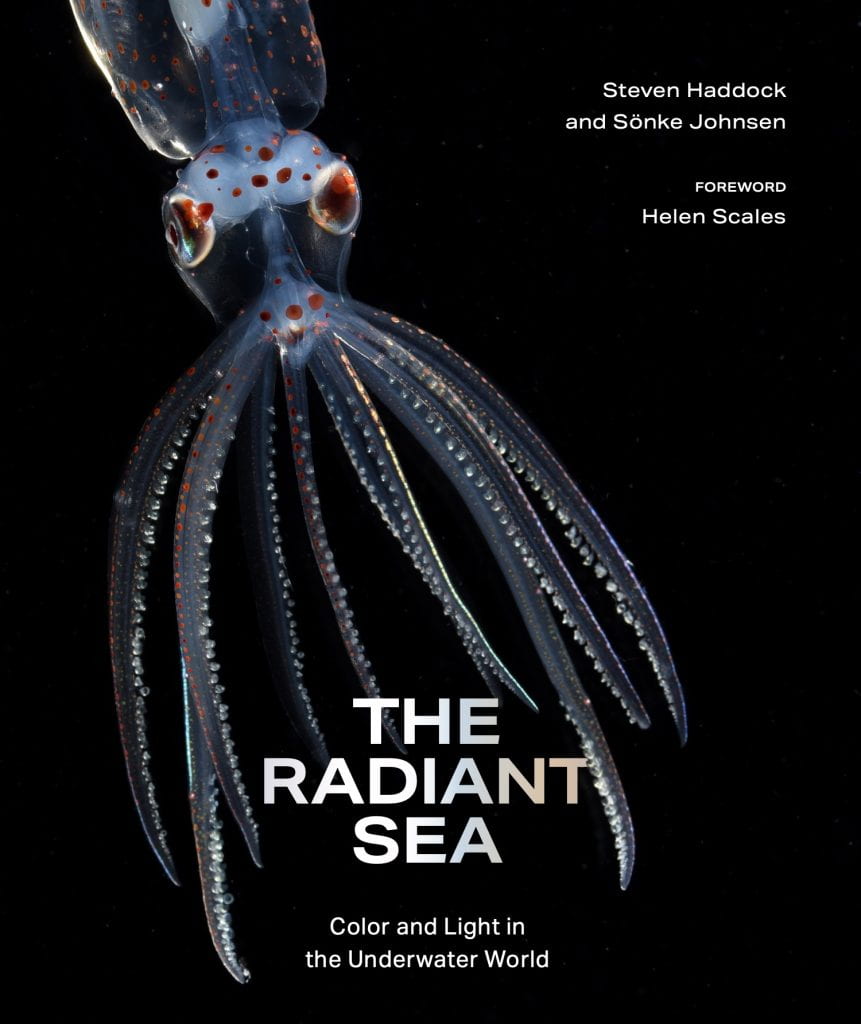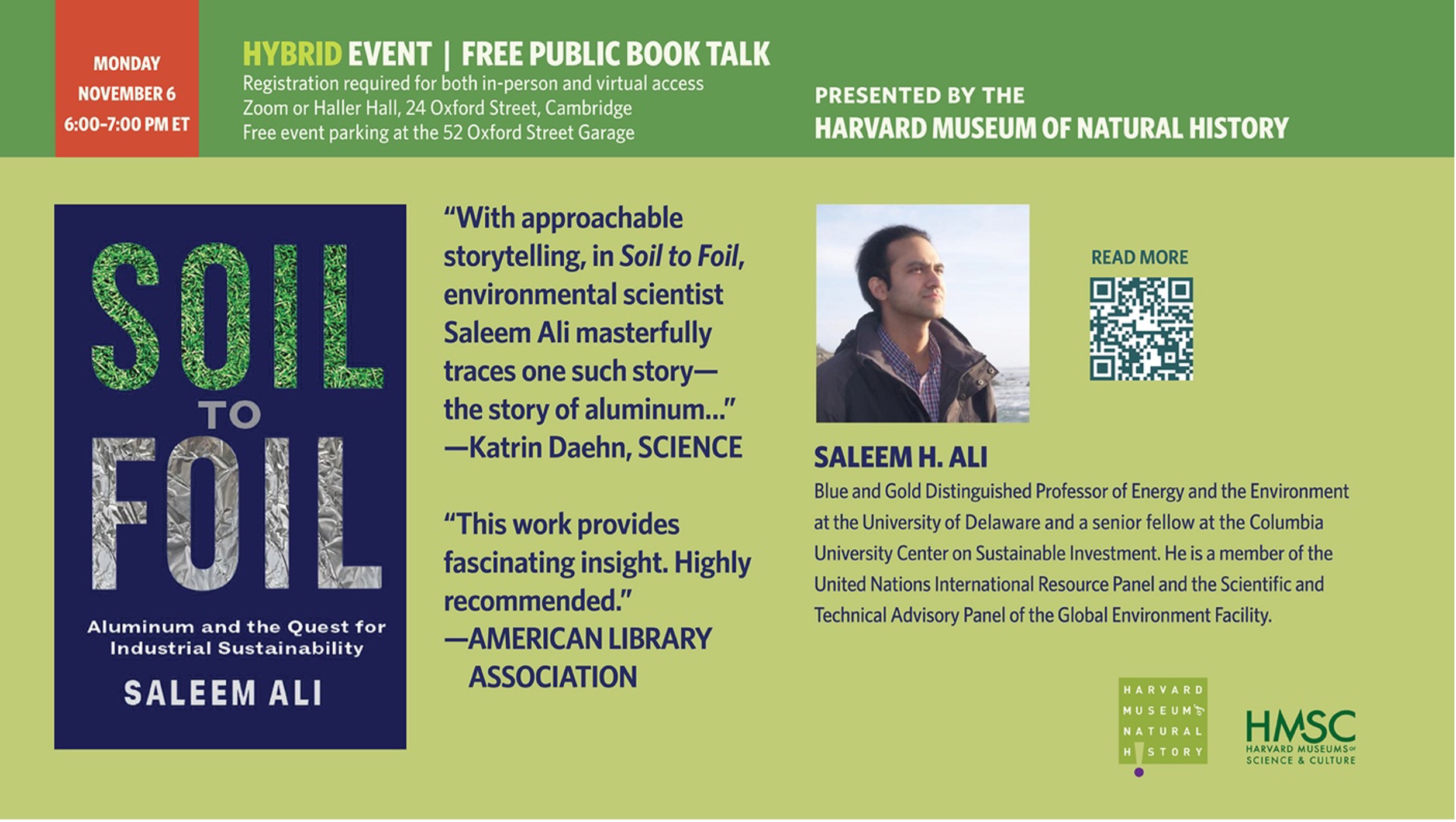
Soil to Foil: Aluminum and the Quest for Industrial Sustainability
Aluminum is the most abundant metal in the earth’s crust. It is also ubiquitous in the modern world, from aircraft to soda cans. Today, the efficiency with which we use—and reuse—aluminum is vital to addressing key environmental challenges and understanding humanity’s fraught relationship with the earth. In Soil to Foil (Columbia University Press, 2023), Saleem Ali tells the extraordinary story of aluminum.
